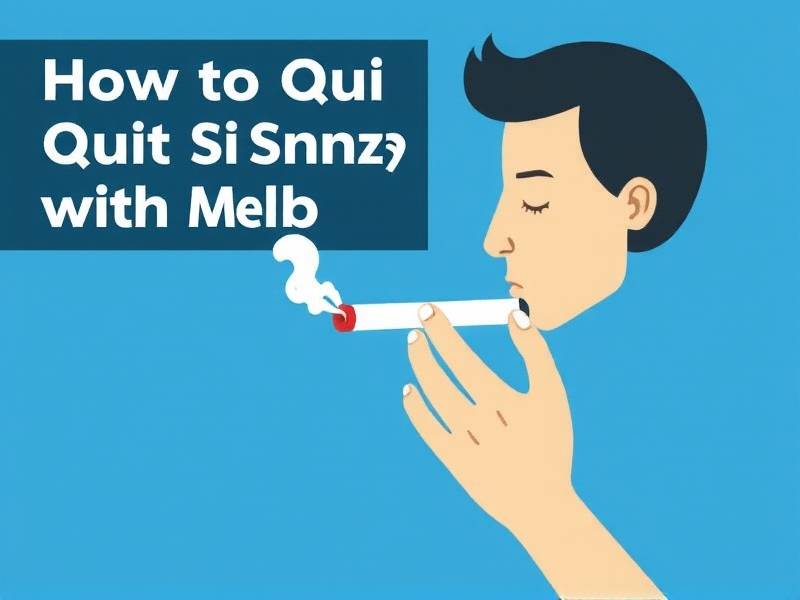How to Quit Smoking with Wellbutrin: Effective Strategies and Tips
How to Quit Smoking with Wellbutrin: Effective Strategies and Tips
Introduction: Smoking is a prevalent habit that affects millions of people worldwide. It not only poses serious health risks but also has a significant impact on personal well-being. If you're struggling to quit smoking, you may have heard about Wellbutrin, a medication commonly used to treat depression and aid in smoking cessation. In this article, we will explore effective strategies and tips for quitting smoking with Wellbutrin, helping you on your journey towards a healthier life.
-
Understanding Wellbutrin: Wellbutrin, also known as bupropion, is a prescription medication that belongs to the class of drugs called norepinephrine-dopamine reuptake inhibitors (NDRIs). It works by increasing the levels of neurotransmitters in the brain that are responsible for mood regulation and pleasure.

-
The Role of Wellbutrin in Smoking Cessation: Wellbutrin has been found to be effective in reducing nicotine cravings and withdrawal symptoms, making it easier for individuals to quit smoking. It can be prescribed by a healthcare professional as part of a comprehensive smoking cessation program.
-
Effective Strategies for Quitting Smoking with Wellbutrin:
a) Consult with a Healthcare Professional: Before starting any medication, it's crucial to consult with a healthcare professional who can assess your individual needs and determine if Wellbutrin is suitable for you.
b) Set Clear Goals: Define clear goals for your smoking cessation journey. Set realistic timelines and milestones that will keep you motivated and on track.
c) Develop a Support System: Surround yourself with supportive friends, family members, or support groups who can offer encouragement and guidance throughout your journey.

d) Create an Action Plan: Develop an action plan that includes specific steps you will take when cravings arise. This may involve engaging in alternative activities or seeking distractions when the urge to smoke strikes.
e) Use Nicotine Replacement Therapy (NRT): Consider combining Wellbutrin with nicotine replacement therapy (NRT), such as gum, patches, lozenges, or inhalers. NRT can help alleviate withdrawal symptoms while using Wellbutrin to address underlying factors contributing to cravings.
f) Monitor Your Progress: Keep track of your progress by recording the number of cigarettes smoked per day or any relapses. Celebrate small victories along the way to maintain motivation.
- Tips for Maximizing the Benefits of Wellbutrin:
a) Take Medication as Prescribed: Follow your healthcare professional's instructions regarding dosage and timing when taking Wellbutrin. Skipping doses or altering the prescribed regimen can affect its effectiveness.
b) Stay Hydrated: Drinking plenty of water throughout the day can help alleviate withdrawal symptoms and reduce cravings.
c) Exercise Regularly: Engaging in physical activity can boost endorphins levels in the brain, providing natural relief from cravings and stress-related triggers.
d) Avoid Triggers: Identify potential triggers that may lead you back to smoking and develop strategies to avoid them altogether or cope with them effectively.
Conclusion: Quitting smoking is challenging, but with well-informed strategies and support from medications like Wellbutrin, it becomes more manageable. By following these effective strategies and tips, you can increase your chances of successfully quitting smoking and improving your overall health. Remember to consult with a healthcare professional for personalized advice tailored to your needs.
